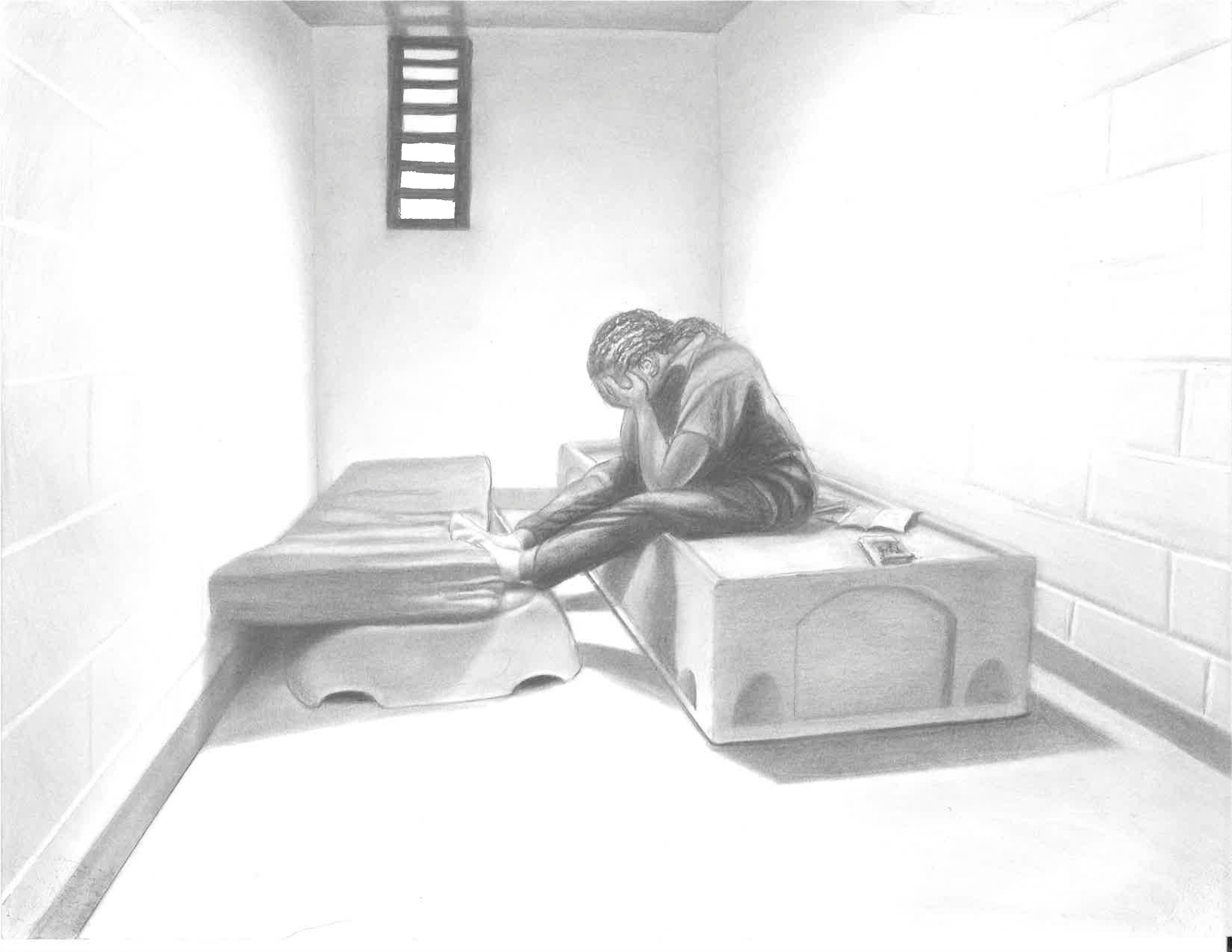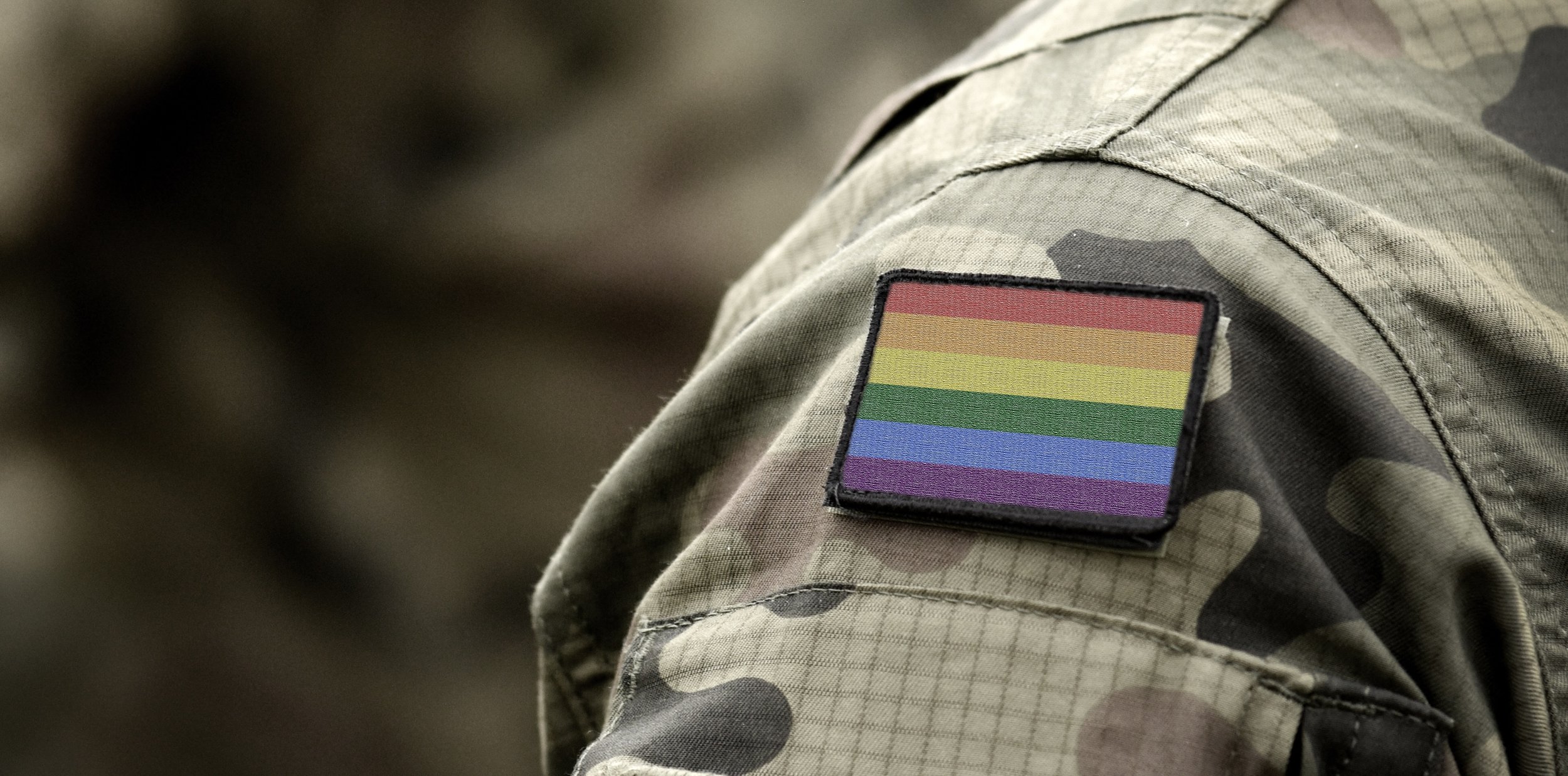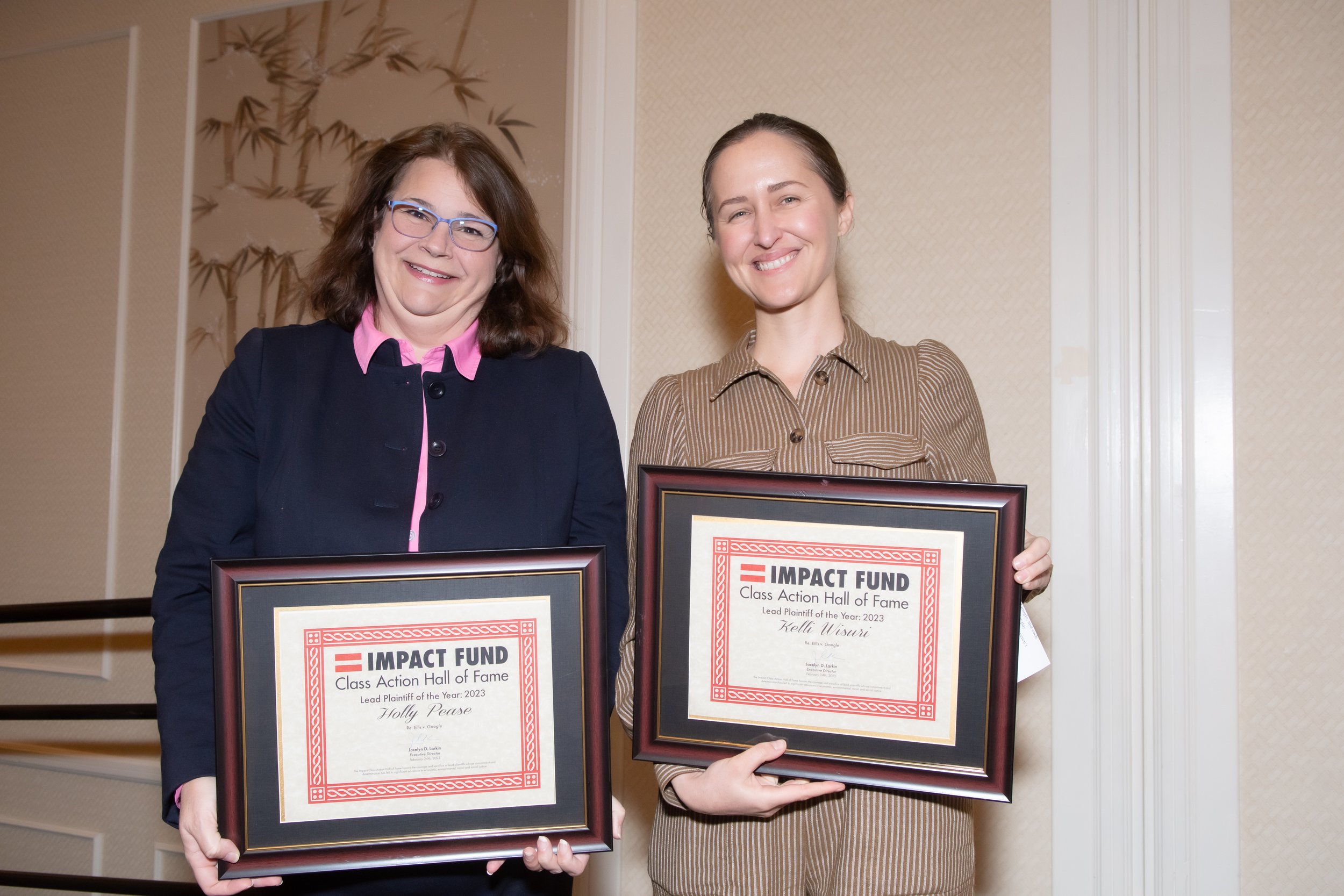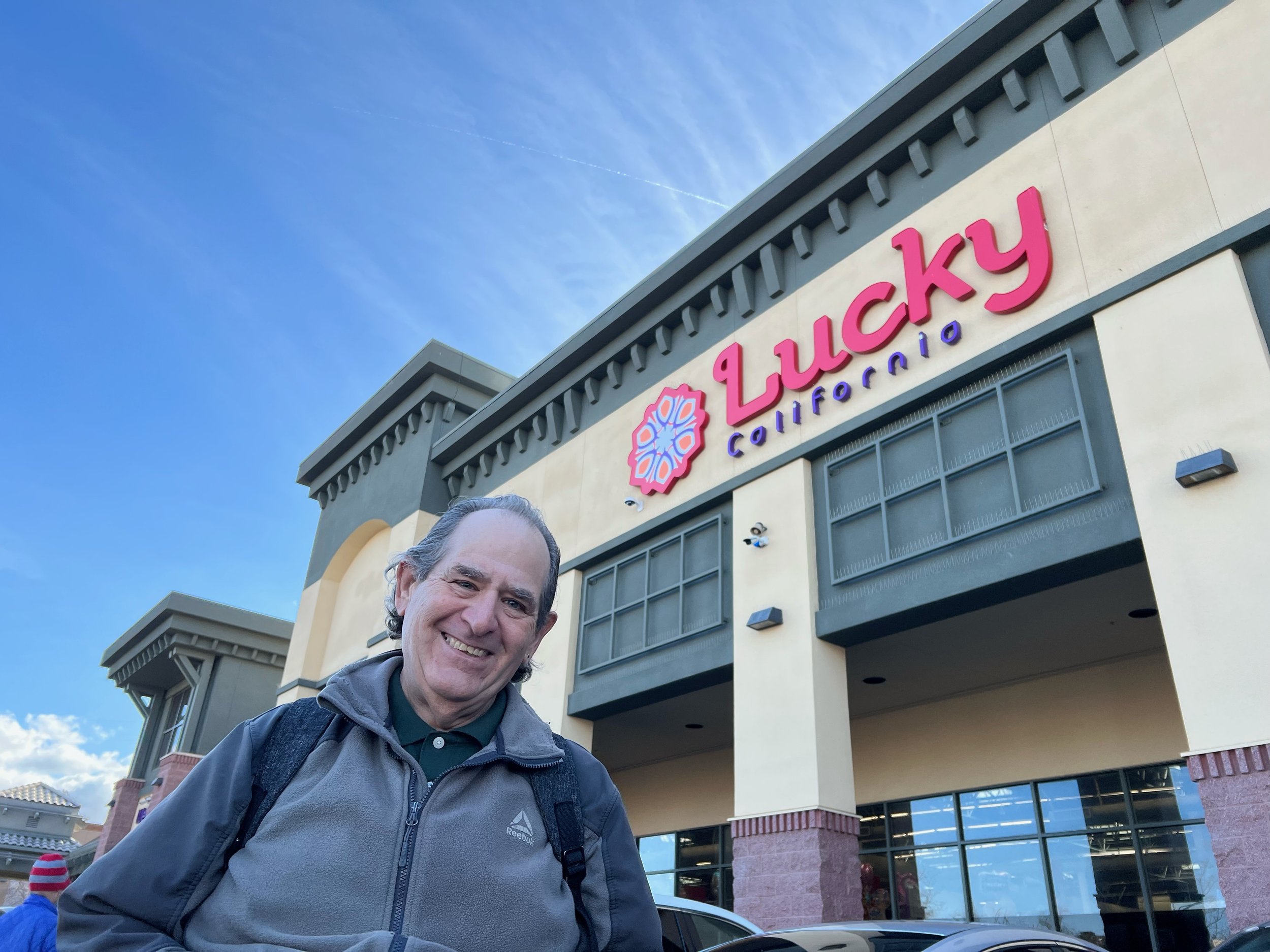Class Action Hero, Sylvester McClain, Stands Up To Racial Discrimination
Sylvester McClain, named plaintiff in McClain v. Lufkin Industries Inc.
I was born in Colmosneil, Texas, barely a town in the woods of east Texas. We moved to Lufkin, Texas, a much bigger town, where I attended the segregated black schools, as a pretty good student. When I graduated in the mid-60s I had a choice, get drafted or join up, going to Vietnam either way. That experience made quite an impression on how I would see things.
I became a combat medic in the Marines, my first exposure to any sort of racially integrated society. Often, we were too busy to notice. One day in Khe Son we were overrun in a firefight for hours. I was wounded, but the only medic that could function. Bodies literally piled up. I got some medals for that day. I felt tested, and think I answered the bell pretty well. The thing is, race didn’t make a difference: we were on the same side depending on each other to try to stay alive. Military integration was not perfect, but was official policy and usually taken seriously.
When I returned to civilian life in 1969, I found Lufkin, Texas, to be much the same. The “White Only” signs might have been gone, but segregation was not.
Lufkin was ordered to pay more than $5M in backpay and interest
Lufkin Industries was the best paying employer around. It was understood the job assignments were segregated - blacks got mostly unskilled labor assignments under the worst conditions – but it was our best opportunity to support our families. The contrast with the integration efforts in the Marines was difficult to accept.
It was rough. After a few months, I was temporarily blinded in a welding accident. My boss didn’t offer any medical attention or even a ride, and later said I just quit. I had to walk six miles to get home, unable to see. My eyes recovered but it was two years before Lufkin hired me back.
Back at Lufkin, for many years I did everything I could to improve our treatment and get promotions; getting all available training, attending community college, learning all Lufkin’s trailer manufacturing processes. I also helped start an NAACP chapter, sought advice from civil rights lawyers, and became active in the union (which was not always welcoming), where I filed grievances. Other black employees made similar efforts, also with little effect. Frustrated with the lack of progress, I went to the company president with undisputable proof that I was the best qualified person for a Chief Inspector opening, and mentioned the possibility of a class action lawsuit. I got the promotion (but with lower pay and less support than whites in similar positions). A few years later, after the president resigned, Lufkin demoted me.
With no other options, I filed with the EEOC and started working with a local lawyer. Along with a former Lufkin employee, Buford Thomas, we filed the class action in 1996. Eventually we were joined by eleven other committed class representatives and dozens of brave witnesses and supportive class members. The patience and work necessary cannot be overstated, and the process was like a rollercoaster, but the effort was worth it.
High points included the judge’s surprise tour of Lufkin’s facilities during the class certification hearing. I can’t describe how it felt when I could tell he saw the truth of our evidence and the falsity of Lufkin’s. Another high point was when Lufkin (and its giant law firm, Vinson & Elkins) threatened to overwhelm us with their vast resources, Teresa Demchak of what is now Goldstein, Borgen, Dardarian & Ho, rode in like the cavalry to our rescue and joined the case. Of course, the trial and appeals were all exhilarating (it helps that we won). The order, including distribution of millions of dollars in hard-earned back-pay to the class, was not just gratifying, but helped end many of Lufkin’s discrimination practices.
Now I’m retired, and still working for social justice in Lufkin, Texas. I’m honored and fortunate to have had the help and support of so many others, and the role I had, in the class action. It is the crowning achievement of my 30+ years of struggle against race discrimination in East Texas.
In view of his exceptional courage and sacrifice as the named plaintiff in the litigation, Sylvester was inducted into the Impact Fund Class Action Hall of Fame on February 24, 2017.












